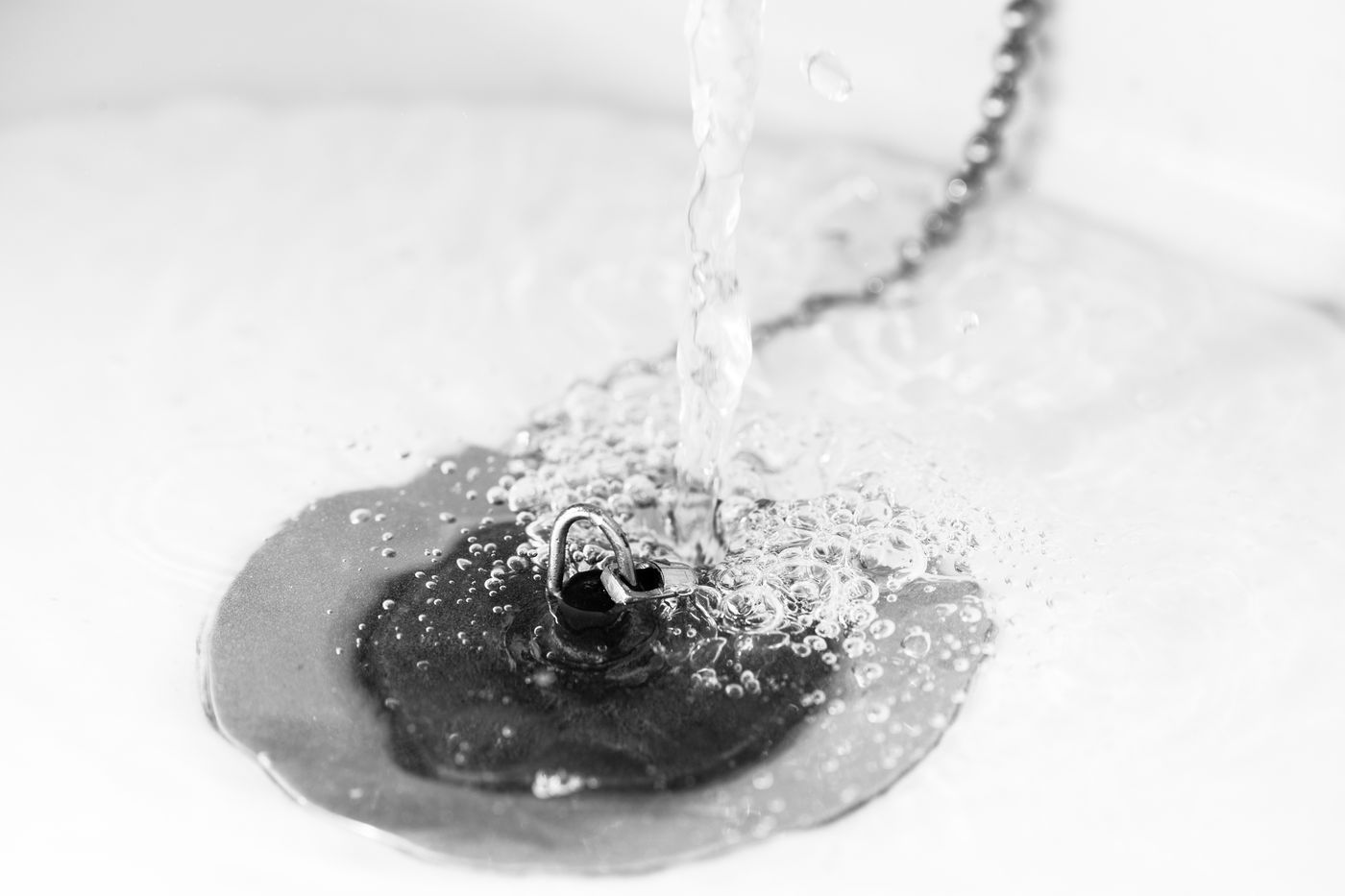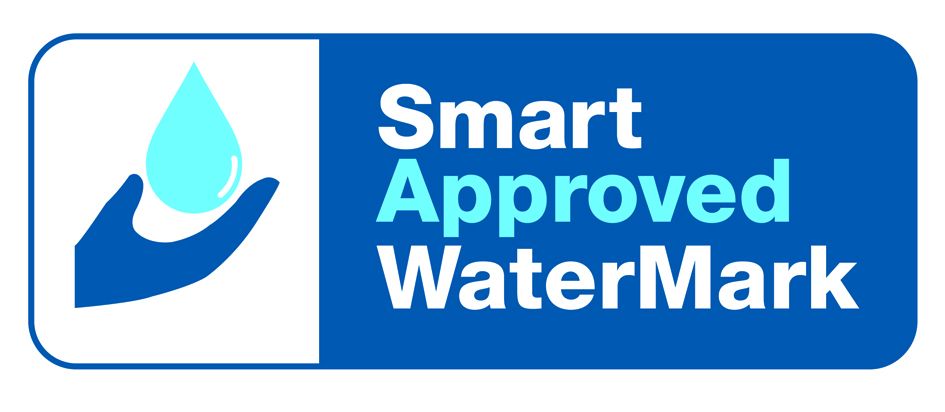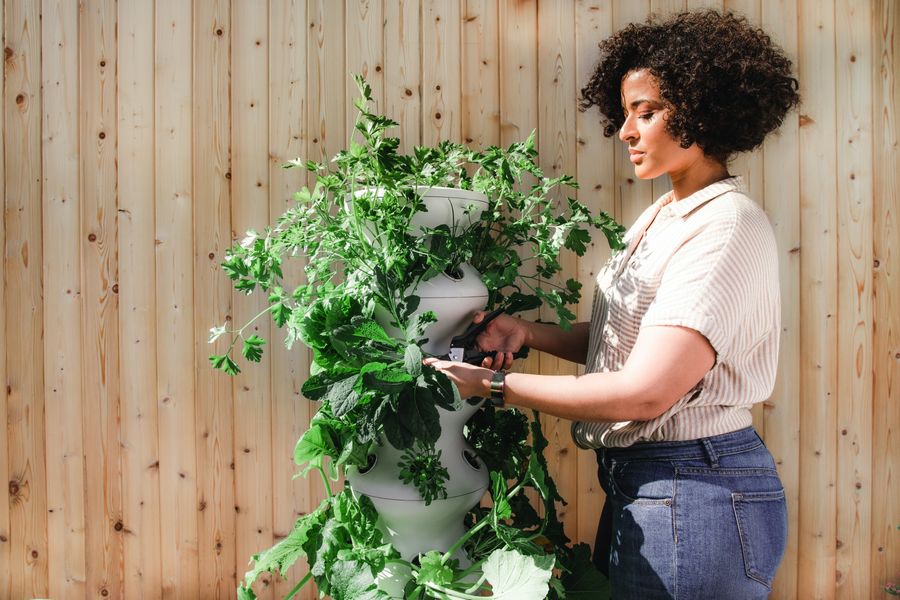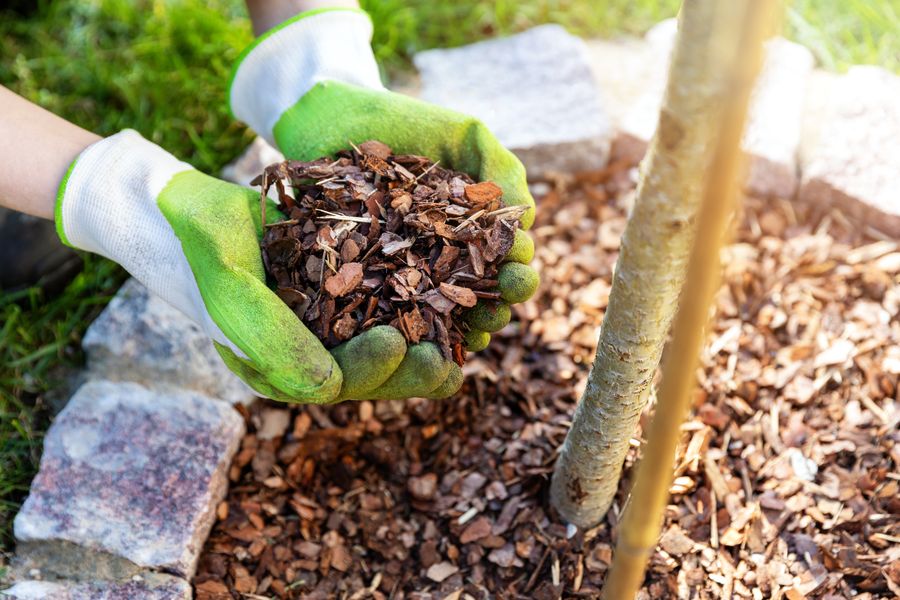Greywater
All the water that comes out of the tap is top quality drinking water, but not all of the activities that we use water for around the house need drinkable water. Greywater is the used water from the bathroom, laundry and kitchen. It doesn’t include water from the kitchen sink or from toilets.
Using greywater
- Do not store greywater - use it immediately for its purpose.
- Apply greywater to the garden below ground or at least under mulch.
- Use the vegetable rinse water first, then bath and shower water, then laundry rinse water and laundry wash water last.
- Using greywater for flushing toilets or on your garden is a great idea, but be sure to seek professional advice in doing so as it may contain disease causing organisms.
- The phosphates in most soaps will not be appreciated by your native plants, but the lawn usually loves them!
- A little seaweed solution added in with greywater can act as a gentle fertilizer.

Things to remember with Greywater
Greywater Diversion Systems (Untreated greywater)
- Use a licensed plumber to install the diversion system
- Use low risk sources for water diversion systems such as bath, shower and laundry rinse water (Laundry wash water is much higher in detergent concentrations than rinse water)
- Be aware of biodegradable labelled products (e.g. soaps and detergents). Liquid based products are generally better (check the ingredients on the packaging)
- Only divert greywater in dry conditions, in quantities that can be taken up by plants & soil (i.e. avoid over irrigation and runoff)
- Apply greywater with buckets or a watering can onto garden or use subsurface garden irrigation only (to council setback requirements).
- Don't use untreated greywater from the washing of nappies or soiled clothing
- Don't use untreated greywater when a resident has diarrhoea or is sick
- Don't use untreated greywater generated by cleaning in the laundry or bathroom, or when using hair dye or other chemicals.
- Don't use untreated greywater generated by washing rags used for painting or for maintaining machinery.
- Don't store untreated greywater for more than 24 hours, as it illegal in most states.
- Don't use kitchen water for greywater as it is heavily contaminated with fats, greases and solids.
- Don't apply untreated greywater to vegetable gardens.
- Don't over water with greywater (any water) as it can raise the local water table or cause excess to run off into other properties or waterways.
- Don't use water from toilets for greywater.
Greywater Treatment Systems (Treated greywater)
When installing a greywater treatment system and using treated greywater:
- Select garden-friendly detergents that are biodegradable and low in phosphorus, sodium, boron and chloride (select liquid washing detergents, as they are comparatively low in salts).
- Monitor plant and soil response to treated greywater irrigation.
- Ensure that regular maintenance of the treated greywater system is undertaken.
- Don't irrigate with treated greywater during rain.
- Don't use treated greywater to top up rainwater tanks or swimming pools;
- Don't irrigate with greywater if the premise is located on an aquifer that is used for drinking water;
- Don't use treated greywater on plants that will be eaten raw or where fruit has fallen to the ground;
- Don't use treated greywater so that it flows into the streets or down stormwater drains; and
- Don't let treated greywater go beyond your premises and cause a nuisance to neighbours.
- Don't use water from the kitchen, handbasins or toilets for treated greywater

Smart greywater
Look for the Smart Approved WaterMark logo on a product website or packaging so you know that the product you are buying is water efficient, durable, fit for purpose and environmentally sustainable. Products endorsed by the Smart Approved WaterMark have been reviewed by a credible, robust Independent Expert Panel.



/https://smart-approved-watermark-2-prd.s3.amazonaws.com/media/dd/images/Large_overall_image.0badc98.jpg)